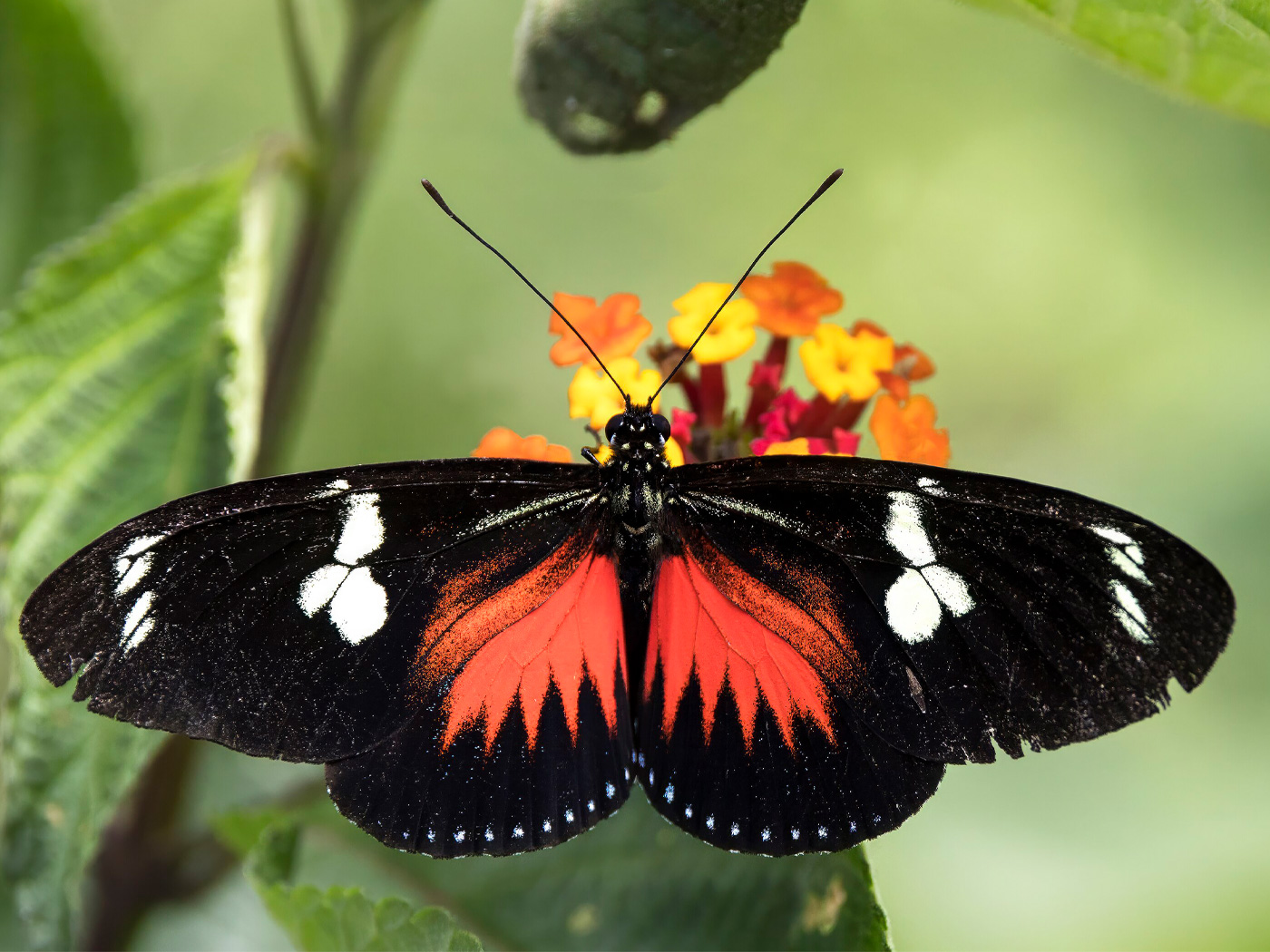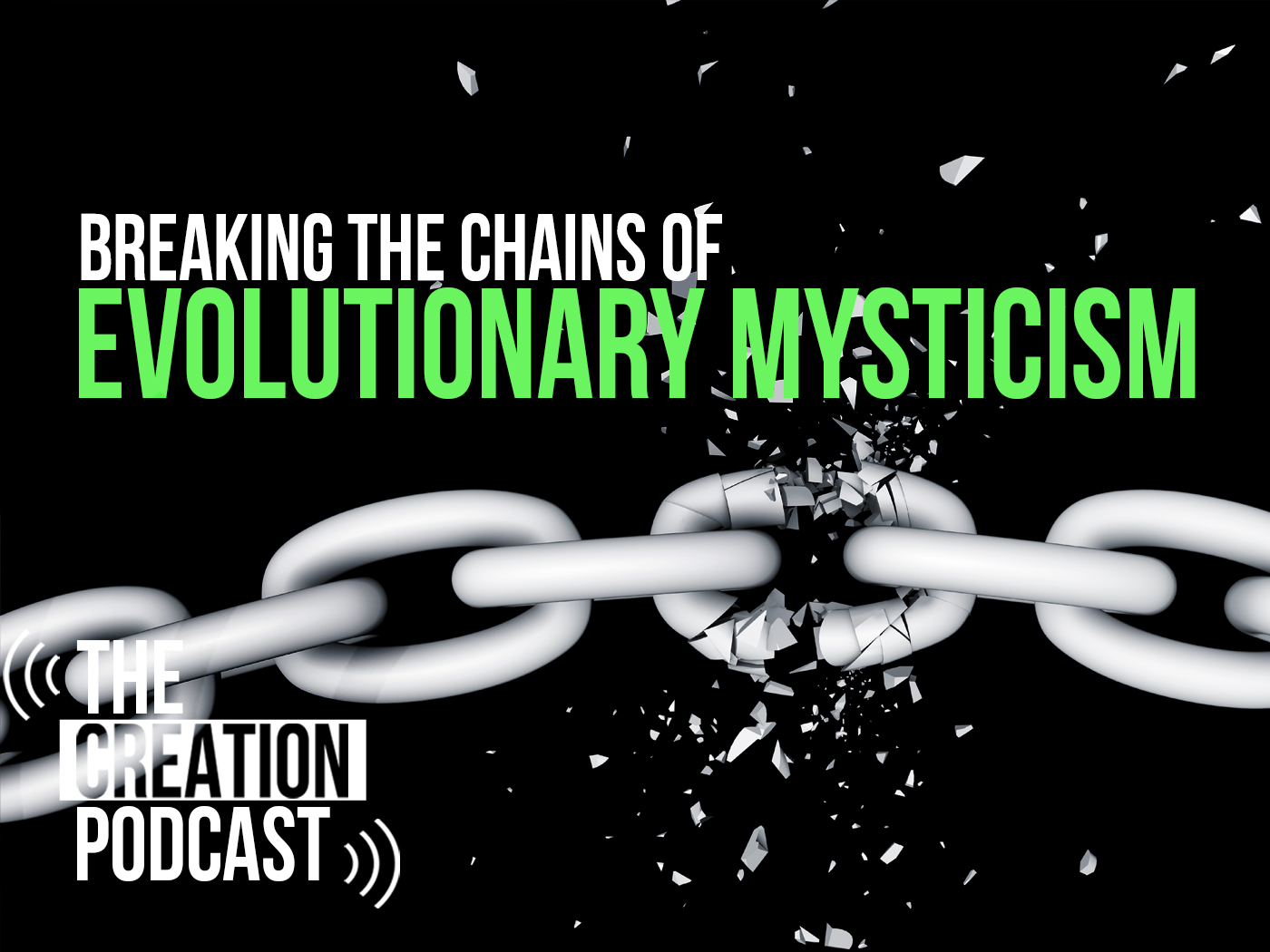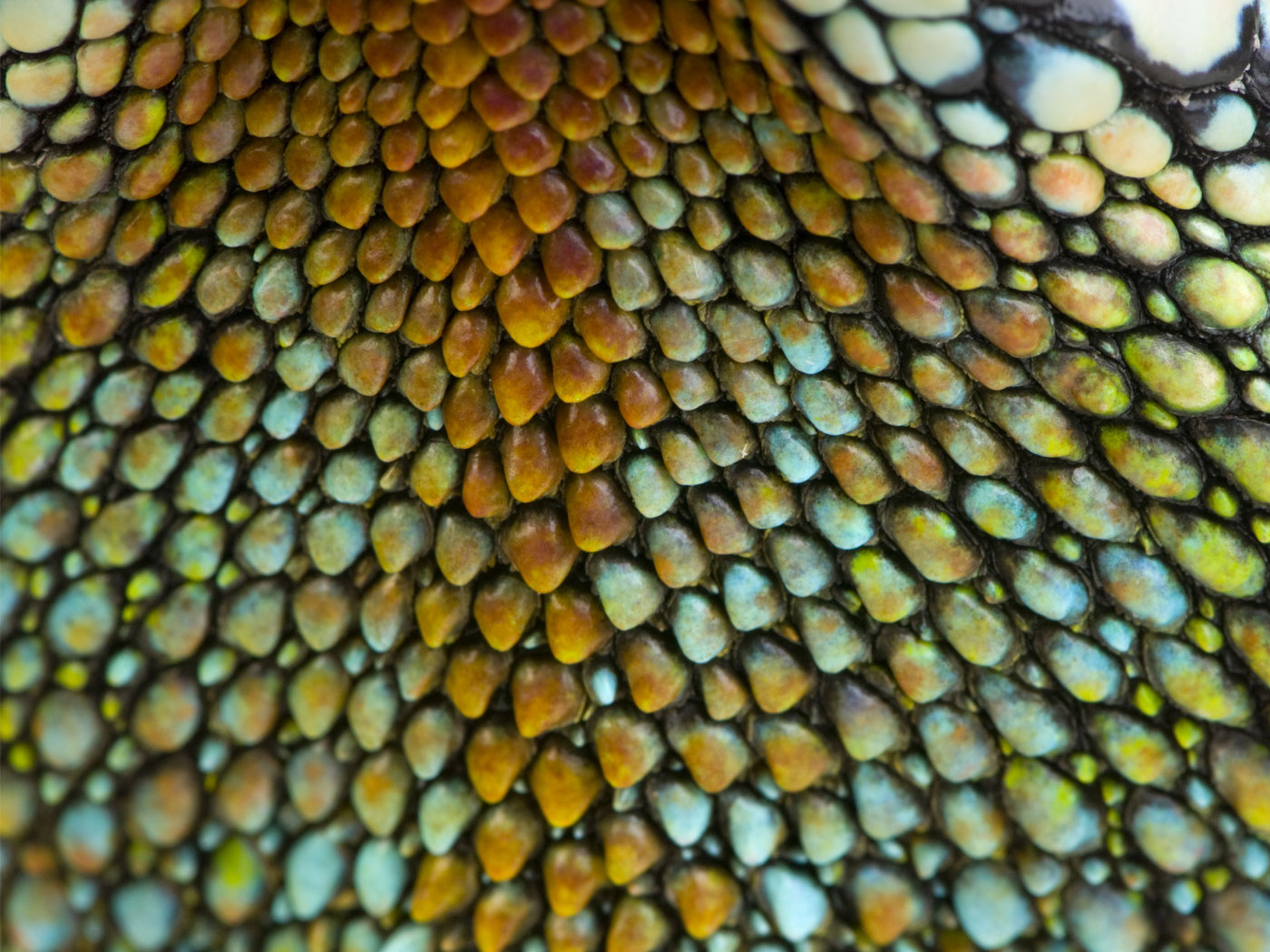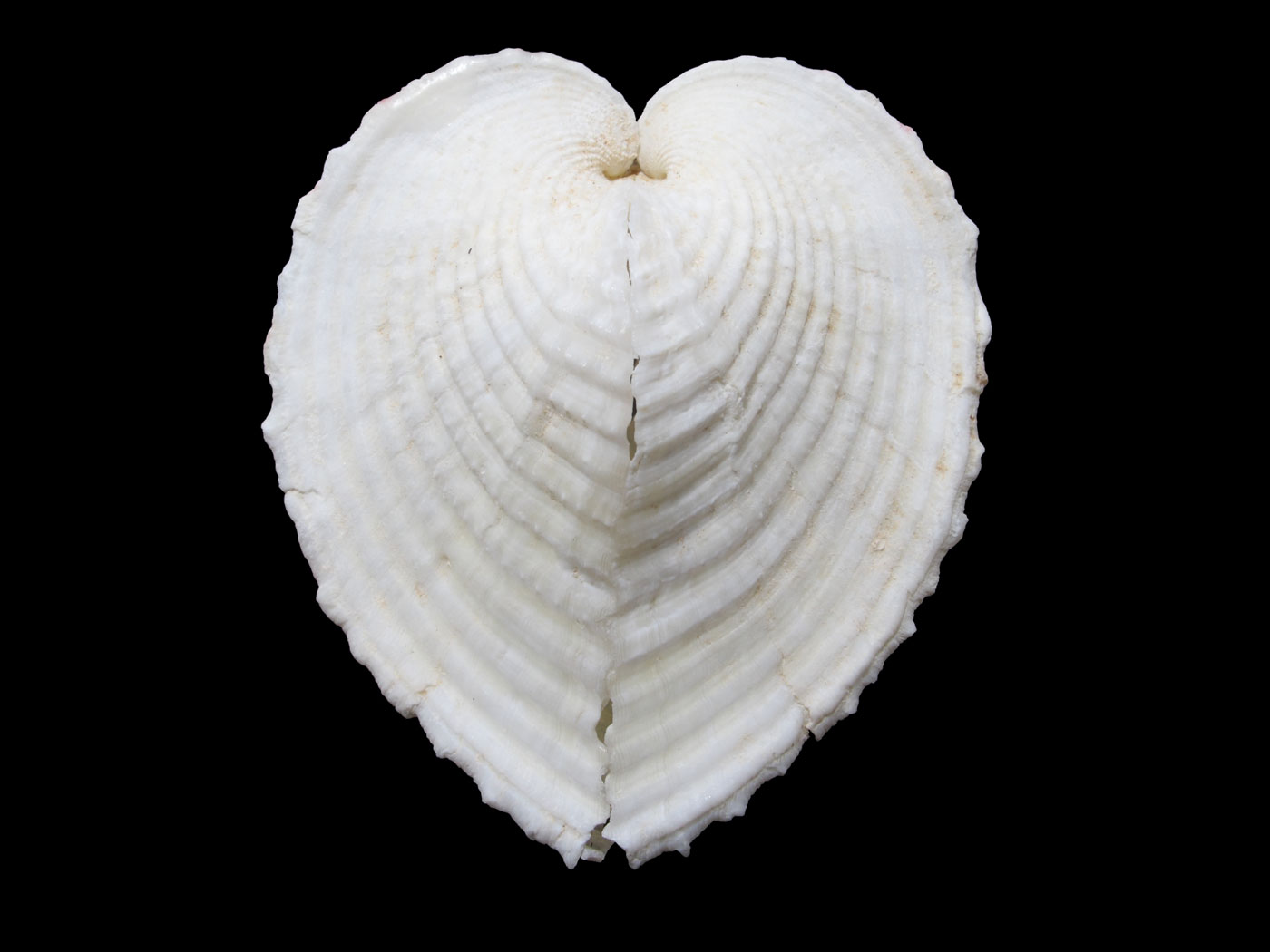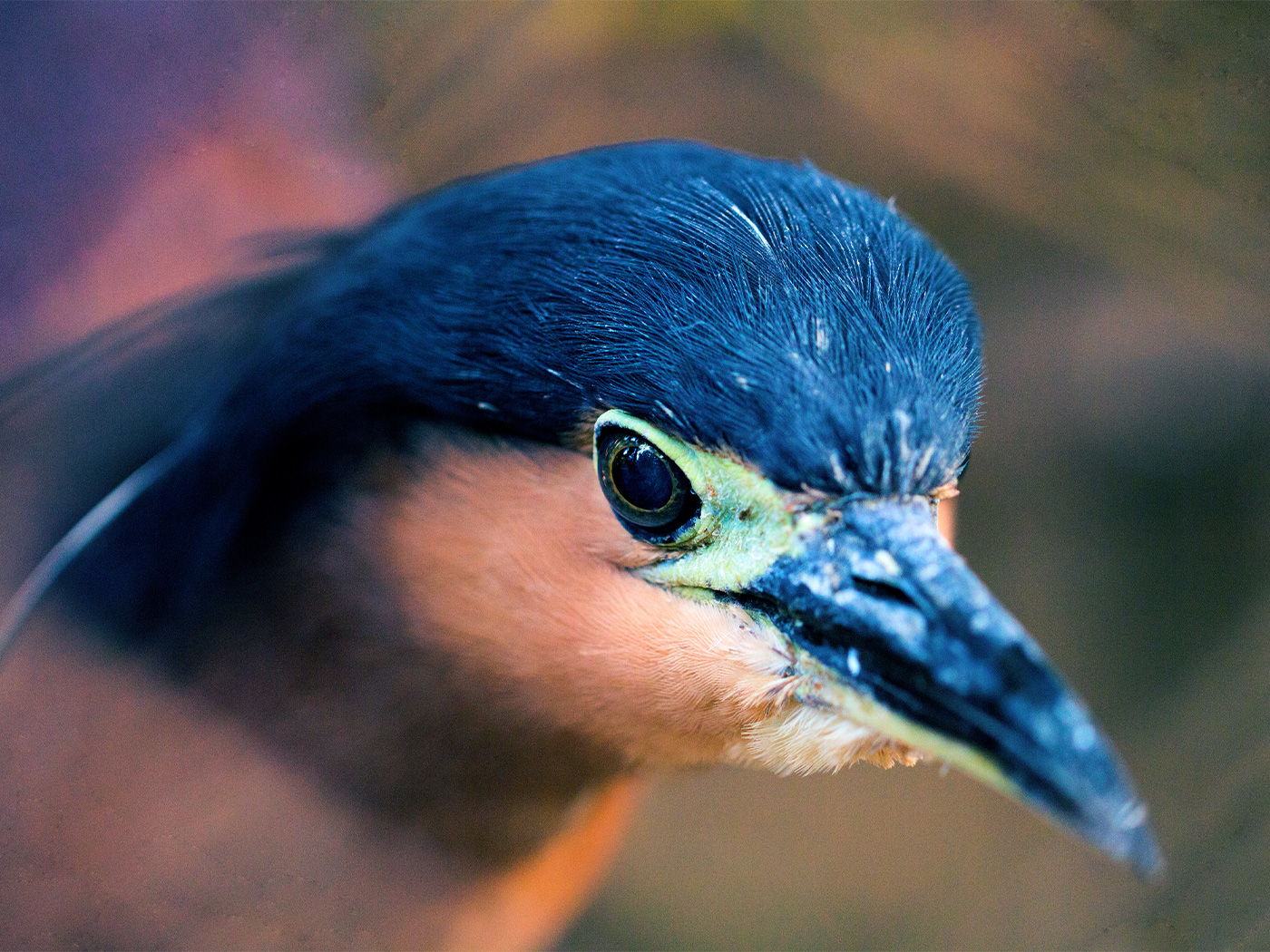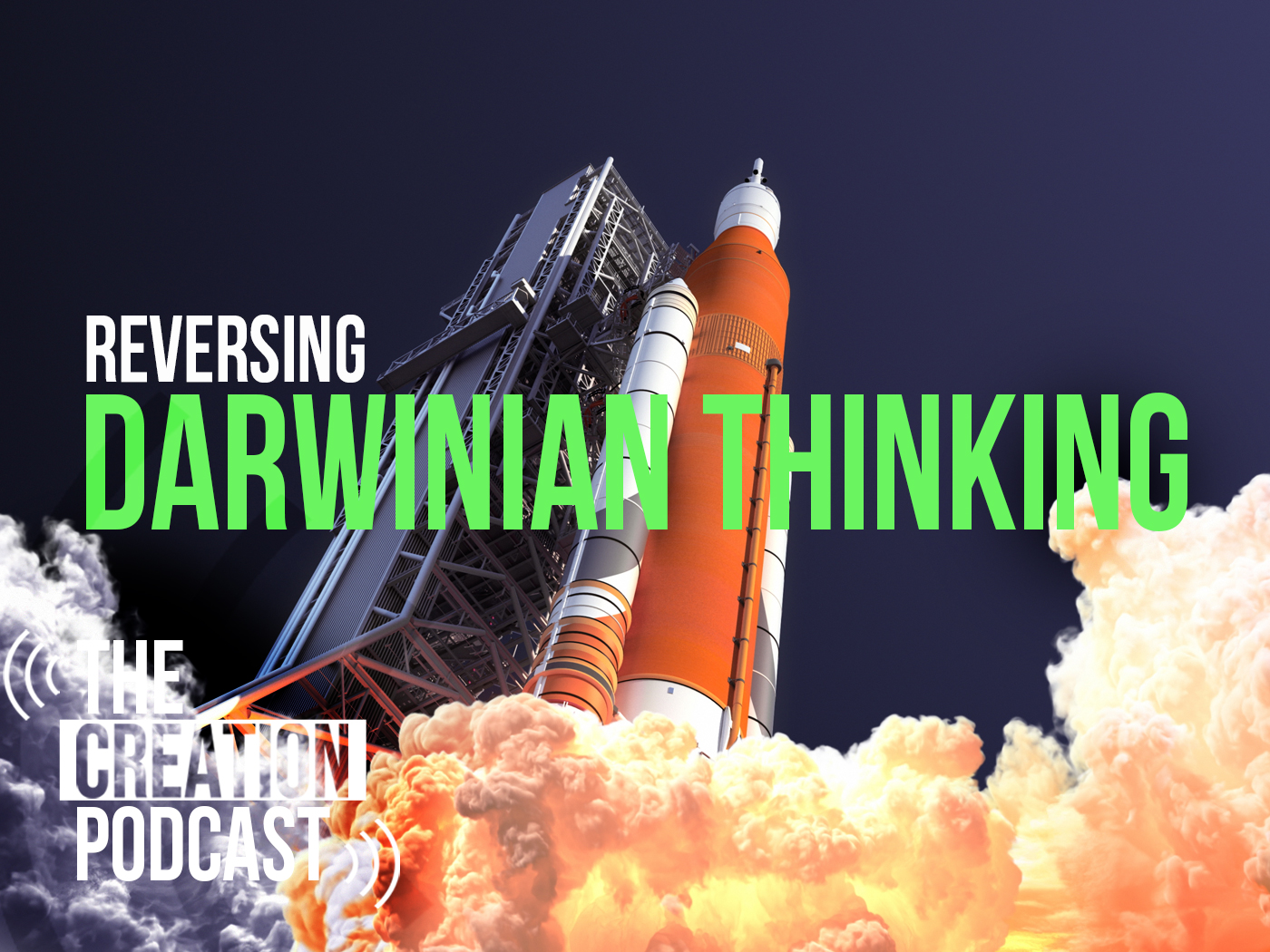For protozoa-to-person evolution to have worked over time, purely natural factors must have conceived, constructed, integrated, and implemented new proteins into old organisms. Brave researchers—already convinced that this somehow occurred—have been investigating this core issue, but their recent discovery refutes their own perspective.
If evolution works at all, it must work at the tiniest levels of life: proteins. Joe Thornton’s lab, the Institute of Ecology and Evolution at the University of Oregon, has been investigating this most fundamental aspect of evolution using quality experimental science instead of speculative stories like the ones Charles Darwin told.
In 2009, Thornton’s group ruled out evolution in reverse, discovering that once a protein supposedly arrives, no natural processes can morph it back to a prior version.1 That’s because the stepwise changes required to convert the current functional version of a protein back to its supposedly ancestral protein rendered the “transitional proteins” useless in the group’s lab experiments.
More familiar machines illustrate the reason why. Converting a Toyota Corolla into an already similar sedan, like a Hyundai Elantra, seems simple enough as long as we’re just telling general stories. Just swap one part out at a time, right? But the details show why it’s an impractical idea.
Incompatible parts simply won’t fit. For example, the Corolla wheels have holes for four lug nuts, but the Elantra’s wheels have five. The new Elantra wheel will not fit—and trying to use it would leave the “evolving” Corolla unfit for driving during the entire time it “waits” for a Corolla axle to develop a five-lug nut option. The problem is that the car must remain completely drive-able all throughout this hypothetical evolution.
Even with all other parts well-fitted and functioning fine, a car that needs four wheels to operate but only has three goes nowhere, illustrating why simply changing one protein can render an organism useless—even with other proteins working perfectly. The whole cell must remain functional while evolution upgrades one old protein at a time. The whole process is not practical at all.
When Thornton’s group discovered that downgrading proteins to a supposedly older version would never work, they should have been convinced that evolution could never have upgraded to the current protein in the first place.
Their research continued, however, leading to their recent publication in the journal Nature.2 Instead of questioning evolution, it speculates on imaginary intermediates between two particular proteins that mutations and natural selection may have produced. Out of thousands of possible intermediates—each one representing a potential evolutionary path from an ancestral to a modern version of this protein—they discovered that none would work except an exceedingly unlikely extraordinarily lucky set of specific changes.
In other words, it couldn’t just happen, and yet somehow it did. It looks like it happened entirely by design.
Biochemist Michael Behe, who was not involved in the study, wrote for Evolution News, “To the extent that a pre-existing system had to pass through improbable, unselected, or even detrimental states—unguided by natural selection or any other unintelligent factor—to reach a rare new function, then to that extent we can say Darwinian evolution does not explain life.”3 And if Darwinian evolution does not explain as small a step as evolving a new version of a single protein, then why would anyone expect it to explain the evolution of all the new proteins required to transform a protozoan into a person?
References
- Thomas, B. Irreversible Complexity—Evolution Loses Another Round. Creation Science Update. Posted on icr.org December 16, 2009, accessed July 2, 2014.
- Harms, M. J., and J. W. Thornton. Historical contingency and its biophysical basis in glucocorticoid receptor evolution. Nature. Published online before print, June 15, 2014.
- Behe, M. From Thornton’s Lab, More Strong Experimental Support for a Limit to Darwinian Evolution. Evolution News. Posted on evolutionnews.org June 23, 2014, accessed June 28, 2014.
* Mr. Thomas is Science Writer at the Institute for Creation Research.
Article posted on July 11, 2014.





